New Zealand ranks in the top 10 countries with the best tap water. However, that doesn’t mean tap water everywhere in the country is safe to drink. Tap water is often safest in larger NZ cities rather than smaller communities.
In this article, we’ll discuss:
- New Zealand water quality report
- Source of New Zealand’s tap water
- Top New Zealand cities with the cleanest tap water
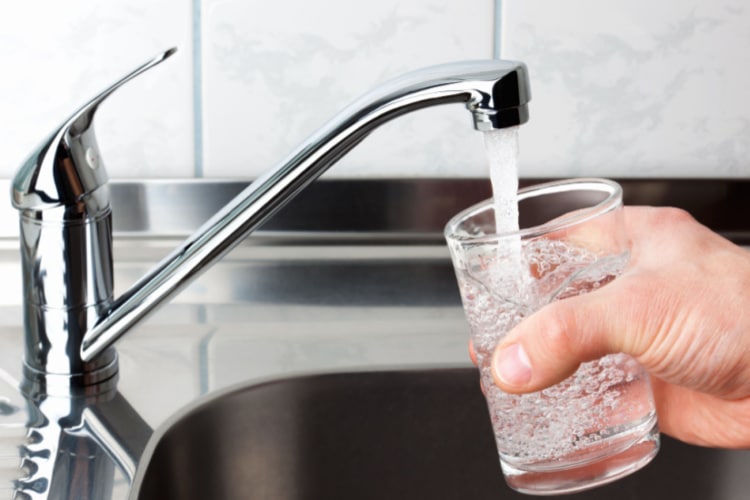
Is New Zealand Tap Water Safe to Drink?
In most New Zealand cities, tap water is perfectly safe to drink. Reading the most current drinking-water report results for your city or other water suppliers can give you a better idea of how safe your water is to drink.
New Zealand has 485 different water suppliers providing water to 4.2 million people. According to the Ministry of Health’s Annual Report on Drinking-water Quality from 2020-2021, only 78% of the population had water that fully complied with all standards.
The compliance levels for various standards were as follows:
- Chemical standards: 98.9%
- Bacteriological standards: 98.9%
- Protozoal standards: 78.7%
Overall, 44 water suppliers (serving 121,000 people) were not in line with the approved water safety plan outlined in the Health Act.
In 2020, 40,000 people had boil-water notices or permanent boil-water policies issued because of the poor quality of their water. Furthermore, each year, around 34,000 people in New Zealand become ill from water-borne diseases.
These numbers are consistent with a lack of compliance with Drinking Water Standards for New Zealand (DWSNZ) more in small community water supplies than in larger city supplies.
The government acknowledges that solving problems with the water system and aging infrastructure is too costly for councils alone, so they approved the creation of four publicly-owned water entities that will work with councils and communities to deliver cleaner water. Various reforms will allow local suppliers to be able to afford the upgrades they need to ensure water safety.
Is the Water Hard or Soft?
The majority of the water in New Zealand is soft.
With a lower level of the alkaline minerals like calcium and magnesium in the water, soft water is more acidic. Not only is most New Zealand water soft, but it’s also plumb-solvent, meaning that the water is capable of dissolving trace metals like lead and copper in metal plumbing pipes and fittings.
Because consuming water with trace metals over time can result in health risks, the Ministry of Health recommends running a mug of water from the taps before using it each morning. Any metals that may have dissolved in the plumbing’s water overnight can be flushed out by running the water.
Top 3 New Zealand Cities With the Cleanest Water
Auckland, Tauranga, and Wellington are the cities with the cleanest water in New Zealand.
Larger cities in New Zealand have bigger budgets to allow them to comply with regulations and keep up with the necessary infrastructure to ensure supplying clean water to their citizens. However, there are still large water suppliers that fail to comply with DWSNZ, so the size of a city in New Zealand doesn’t necessarily correspond with how clean its water supply is.
Auckland
Water in Auckland comes from various sources:
- Dams: 79.45%
- Waikato River: 14.48%
- Groundwater aquifers: 3.07%
With 1.5 million people to serve, Watercare does an excellent job of keeping Auckland’s water clean according to high standards before delivering it to Auckland homes. The company conducts around 250 tests across the network daily to ensure it’s free from contaminants and pathogens that could be harmful to health. They also monitor pH, water clarity, and residual chlorine.
Tauranga
Water in Tauranga comes from two spring-fed streams: Tautau and Waiorohi. While the sources are clean, they pass through several miles of land, so the city must treat the water with microfiltration technology before providing it to customers. The microfiltration process can trap and extract dirt and micro-organisms like giardia and cryptosporidium.
The Tauranga council has made significant investments to ensure the water is healthy and maintains an A grade rating from the Ministry of Health.
Wellington
The Wellington Regional Water Supply provides water to Upper Hutt, Lower Hutt, Porirua, and Wellington. Their water comes from:
- Hutt River/Te Awakairangi
- Wainuiomata River
- Orongorongo River
- Waiwhetu Aquifer
A total of eight treatment plants ensure that water meets DWSNZ standards. They monitor chemicals, bacteria, and protozoa in the water to ensure that all the water leaving their treatment plants has a minimum grade of A1.
Who Regulates Water in New Zealand?
The government of New Zealand has created a new framework for water regulation called the Three Waters Reform. It seeks to ensure water safety and improve the effect of wastewater and stormwater on the environment.
After the Water Services Act of 2021 came into effect on November 15, 2021, the new independent water services regulator for New Zealand became Arowai Taumata. However, the Ministry of Health remains the organization that is in charge of all the drinking water policies.
Arowai Taumata is working with the Ministry of Health to develop new standards for water suppliers, to come into effect on November 14, 2022. These standards will replace the current DWSNZ standards.
Where New Zealand Gets Its Water From
New Zealand gets its water from various sources depending on the city or community, including:
- Groundwater aquifers
- Rivers
- Lakes
- Streams
- Springs
Around ⅓ of the water that New Zealand uses comes from groundwater aquifers. These aquifers are estimated to store 612 billion cubic meters of water. These aquifers provide high-quality drinking water.
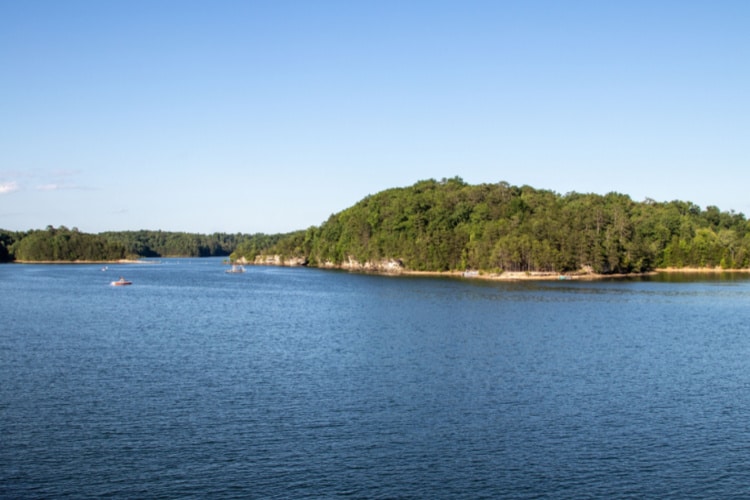
Despite having an abundance of water, the demand for water has increased drastically with urban expansion and agricultural needs. Climate change and water demand have made water competition more fierce, especially when the water level is lowest in the summer and in drier areas such as eastern New Zealand.
How Tap Water Is Treated in New Zealand
Most people in New Zealand drink water from a supply owned by a territorial local authority like a district or city council. However, there are also some smaller suppliers, and some people manage their own well water supply.
In general, the local water supplier extracts water from the source and treats it to remove any contaminants.
Water treatment options in New Zealand include:
- Chlorine: The majority of New Zealand drinking water is treated with chlorine to kill bacteria, viruses, and other pathogens that can make water unsafe. However, chlorine needs to be evaporated from tap water, and it also doesn’t kill all pathogens. This is why most councils regularly check for water contamination within the supply system.
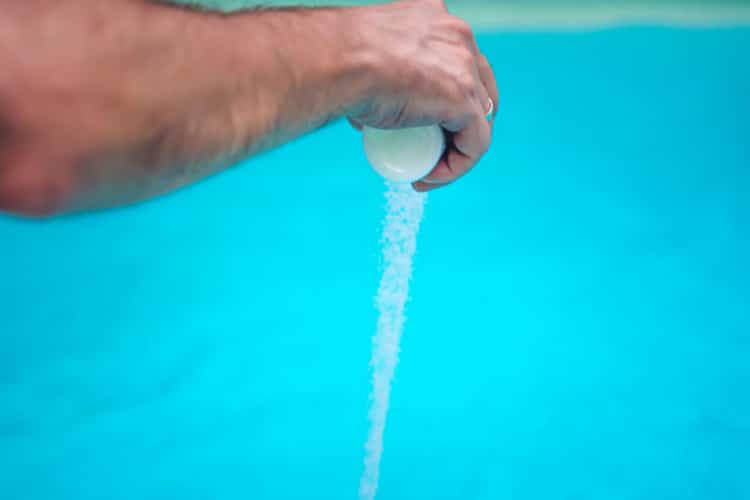
- Ultra-violet (UV) light: UV light is able to stall the growth of bacteria and protozoa in water. However, it can’t help if contamination occurs in the pipes after treatment.
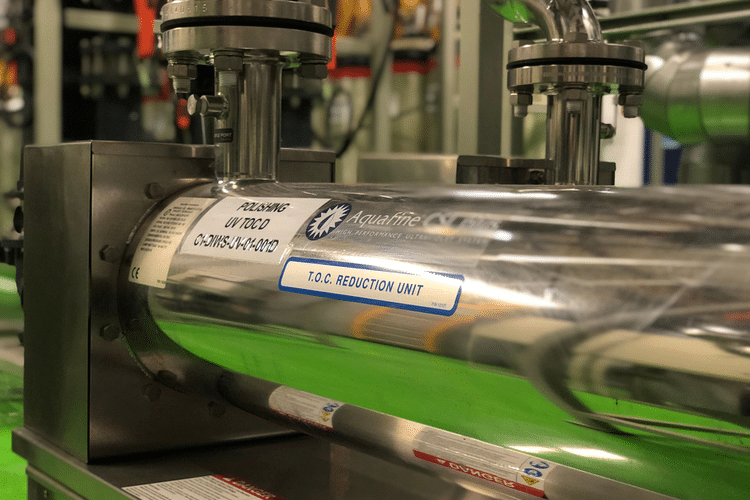
- Ozone: Like UV light, ozone is able to disinfect water, but it can’t provide a residual barrier against picking up contamination between the treatment plant and the customer.
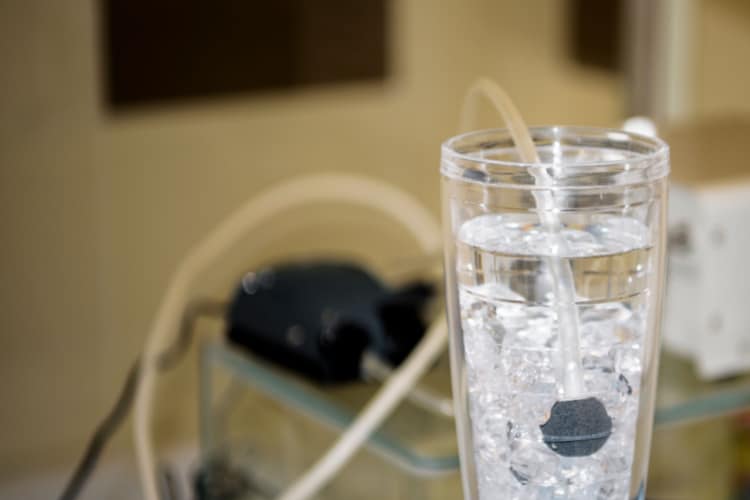
- Boiling water: Boiling water kills both bacteria and protozoa and can be a fall-back water treatment method in case other methods fail.
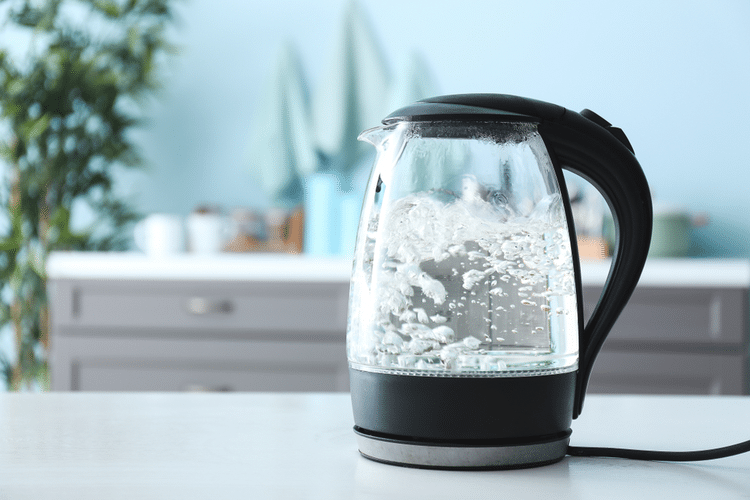
You can find the drinking water supplier in your local area through the public register if you want more details about how your municipality treats its water supply.
Is Drinking Bottled Water the Safest Option in New Zealand?
While many NZ cities have water supplies that are perfectly safe, this isn’t true everywhere in NZ. If your city doesn’t regularly meet DWSNZ standards or institutes a boil-water notice, drinking bottled water may be the safest option.
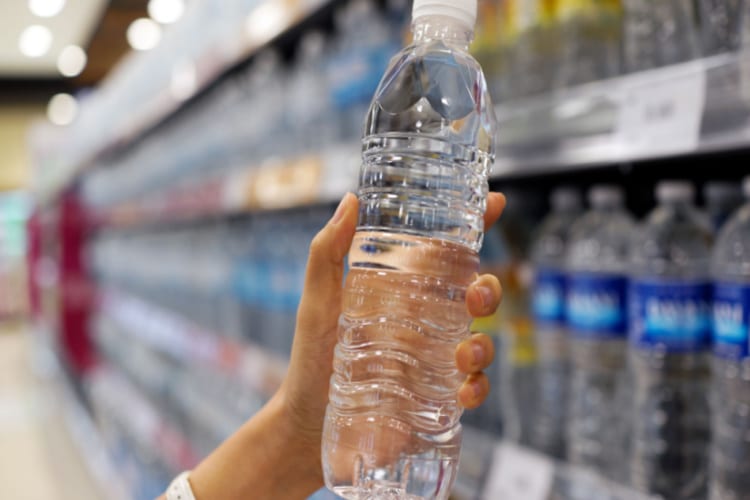
The New Zealand Beverage Council (NZBC) requires its members to comply with Australasian Bottled Water Protocols, which have higher standards than town water supplies. These codes are based on strict International Bottled Water Standards that have been developed by the International Bottled Water Association.
However, not all NZ bottled water brands are members of this council, so checking whether your favorite bottled water is an NZBC member can help you determine if it is actually safer than what you might find in your tap.
Are Water Filters Necessary in New Zealand?
Water filters aren’t necessary for New Zealand homes if your water supplier complies with current water standards. However, some people choose to use a water filter if their local water tastes overly chlorinated or to help with the taste of water coming through old pipes.
It’s important to note that if your water supplier treats its water with UV or ozone instead of chlorine, there’s no guarantee that the water won’t encounter contaminants between the treatment facility and your home. So, using a filter can help give you peace of mind.
Plus, since NZ’s water is soft and acidic enough to be plumb-solvent, a water filter can give you an extra layer of protection against any metals that may dissolve in your pipes.
Conclusion
Whether or not tap water in New Zealand is safe to drink straight from the tap depends on the city’s or community’s water supplier. And the country’s water softness level requires residents to run their water briefly before it’s safe to use.
While not all of New Zealand’s tap water complies with current water standards, the federal government is making changes and providing funding to bring cities and communities into compliance. So, expect to see water positive water quality changes in the future.
In the meantime, it’s important to check reports about local water quality to decide whether you want to use a water filter, need to boil the water, or would prefer to drink bottled water.